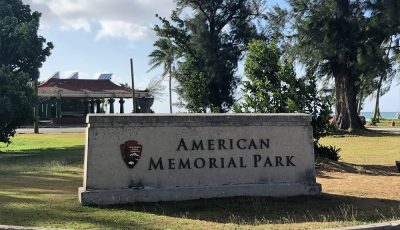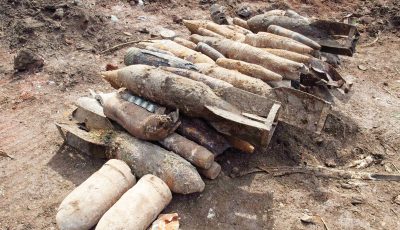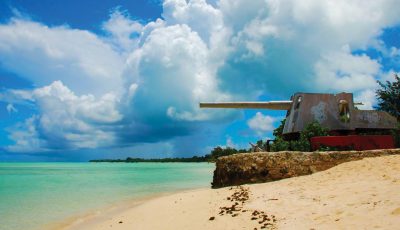Ferguson MO
A media outlet noted that those arrested in the Ferguson unrest were mostly nonresidents. Some used the fact to point out that troublemakers were out for mischief, justifying police militarization in response.
As a foreign student in the ’60s, I drove with colleagues all the way from Dallas, TX, to Washington, D.C., to participate in a peaceful protest with MLK Jr., Abraham Herschel, inter alia, to indicate the hollowness of the War on Poverty, and the overtly insidious racial overtones of the war in Vietnam.
That a majority of the arrested protesters in Missouri were non-Ferguson residents leads to the question of how many of the police officers (50 Caucasians out of 53 in a community where 7 out of 10 are black) actually live where they worked. A head count in Ferguson and across the major cities of the nation was predictable. Since the suburban captivity of the middle class after WWII, most professionals commuted to work elsewhere than where they lived. In Ferguson, more than 70 percent of the officers lived off the area!
The national media circus that followed the Michael Brown shooting by police officer Darren Wilson led to more objective questions about race demographics. E.g., it is a no-brainer to assume that the defense fund raised for Wilson mostly came from white folks, but the more important query is the ratio of contributions coming from those living in Ferguson.
At the fund rally, an African-American lady lamented that when her group gathered mid-afternoon in broad daylight, the police showed up in full war zone gear while honkey’s rally had no police officers in sight!
Additional officers in trouble are loose-mouthed uniformed personnel, one hollered to a protester that “I will f**king kill you” caught on video. In the heat of many interchanges, the outburst was understandable, though regrettably inappropriate for a peace officer.
The other is a veteran who boasted before an exclusive audience of his disdain for “Kenya-born” President Obama and confessed that he had already killed many and would not hesitate to do some more.
The last one triggered painful memories. My university had family hosts for foreign students and the father in mine fought in the WWII Pacific theatre. He pulled out a samurai off a display cabinet to show an authentic sword he brought back from a wasted “Nip” blown out of his hiding place in one western Pacific isle. On our first meal, he also brought out the chopstick souvenir, which was the only thing laid out for my use. All Asians used chopsticks, right?
My host “brother” was an athlete at a local college drafted to fight “those commie gooks” in Vietnam. He was just a regular happy-go-lucky jock and was not as rabidly bloodthirsty as his dad, but the homicidal looks in their eyes were not too far apart. The program lasted a year; I endured a semester before I joined my professor in silent vigil at the campus flagpole in protest against U.S. military presence in Vietnam.
At SVES, I joined the Teaching Vietnam Teachers’ Network in Washington where our resource person was the late Stanley Karnow, author of Vietnam: A History, the definitive story of U.S. presence in Vietnam, also In Our Image, an account of the U.S. empire experience in the Philippines. Among the 30 participants, two of us were on the anti side of the Vietnam divide, and though we were committed to the spirit of the Wall that Heals at the Mall, there were among our members who spiced and spiked their words with the jingoistic bravado rabid among pro-war adherents.
Not to take away the pain and sadness of a Michael Brown but Ferguson is not an isolated case. New England after the PA oil well and the TX gusher rode on the back of modern industry, propelled by the internal combustion engine, and after WWII, the children of manifest destiny and “the light on the hill” ruled the world with a well-financed military-industrial complex from the oilfields. “Whoever controls the oil greases the skids that make the world go round!”
That accounts for gung ho G.I. Joe and State Department kin, teachers, Peace Corps volunteers, intelligence agents, Chamber of Commerce, missioners, and anyone else with a yen for adventure in the name and for the sake of the Stars and Stripes.
I caught the yen for global adventure with the earthrise of ‘68, and Mama Earth belched out my illusions one after the other ever since—on war as an instrument of settling disputes, political union in racial diversity, of civilian-led military command, of sovereignty of national boundaries, of inviolate individual rights, et al. Ferguson is a microcosm of that terrifyingly disrupted yet liberatingly birthing universe.
Peter Drucker mused: “Every few hundred years in Western history there occurs a sharp transformation. Within a few short decades, society—its worldview, its basic values, its social and political structures, its key institutions—rearranges itself. We are currently living through such a time.” You with us?



























